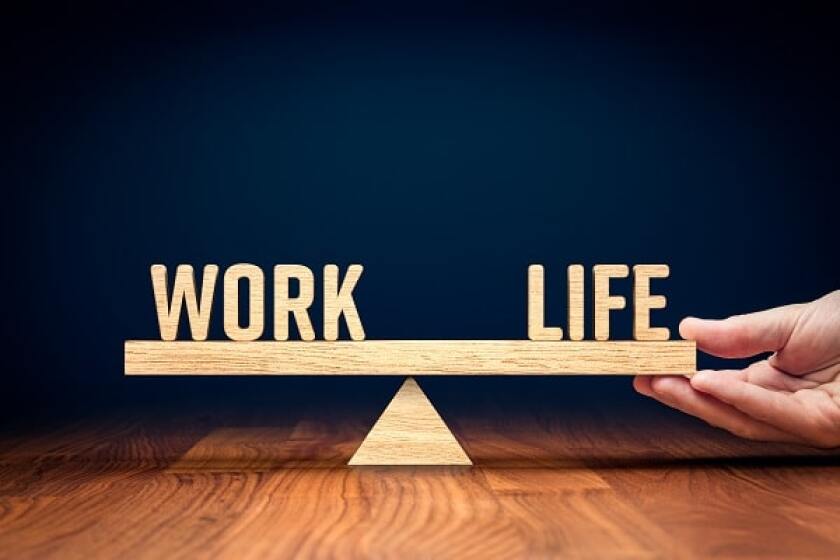Let me begin by pointing out something that should be obvious – a successful career is not incompatible with starting a family.
The theme that struck me the most during conversations with senior female lawyers for International Women’s Day – which is being celebrated today, March 8 – was the presumption, either implied by (male) managers or explicitly said, that women who want or have children will not reach (or will not want to reach) their full potential at work.
Plain and simple, this is lunacy.
Related articles:
I can give you four examples of women who have both children and a successful career: my wife, my mum and my two sisters. There are millions more.
My mum, who retired relatively recently, had a very successful publishing career while raising me (not easy) and my older twin sisters (they would say easier, I would say not).
To a young me she was just my mother and would do all the things children take for granted: comfort me when upset, teach me, entertain me, feed me. The extent of her presence, right up until I left home for university, was such that I never really considered that she might have interests and success away from the family home.
I knew she did something, mostly when I was at school, but I wasn’t sure what.
It was only on listening to tributes from her colleagues at her retirement party a few years ago – and a subsequent award ceremony at the British Shakespeare Association – did I come to fully understand this whole other world where she had enormous success.
I won’t boast with the details, but it was very impressive.
Invasive questions
That’s why it angered me to hear some lawyers – all of whom work in senior or managerial roles in their organisations – reveal that they were asked at the interview stage (and that some women are still asked) whether they planned to have children.
Far from it being a hugely invasive question and no-one’s business but the person in question, it’s the implication that gets me: that no-one who wants to start a family will have the time for business.
Why can’t both be done simultaneously?
It’s also discriminatory against women who choose not to have children. They should not be made to feel like their success is solely down to the fact that they did not have, or do not intend to have, children.
And why should a woman be made to feel like her main priorities in life do, or should, lie outside the work environment?
Those direct questions might be becoming less common in more Westernised countries where there are conscious efforts to improve gender imbalances.
However, general attitudes remain outdated.
The unspoken assumption that women returning from parental leave will no longer desire promotions, will shy away from new challenges, insist on flexible working, or simply not be fully immersed in the job any more are sadly all too common. These attitudes are – and I can tell you from personal experience – simply not taken into account with men.
No-one is saying it’s not hard to raise a family while working professionally, it undeniably is. But it most certainly is not an either or.
Gender imbalances
There’s also another element of sexism here that affects both genders: men must be the breadwinners, women the carers.
Why is it always the assumption that having children, and all the hard work that comes with that, only affects women?
I also include my father and grandfather in the list of men who enjoyed a career while being a good parent. And I know of many more men who are not the primary earners in their household (I don’t think my dad will mind me saying he fell into this category).
But this article isn’t about us men – we get enough coverage.
It would be churlish of me to suggest that all the problems in the world – and today these problems are very well documented – are solely down to men.
But one source put it very aptly when I asked for her take on the benefits of giving women more opportunities to shine in the professional environment.
The male-dominated world is “not in a particularly good condition” right now, she notes. Perhaps that can act as a sign that women should be given more chances.
A first step might be not to assume that women can’t balance family and professional life.











